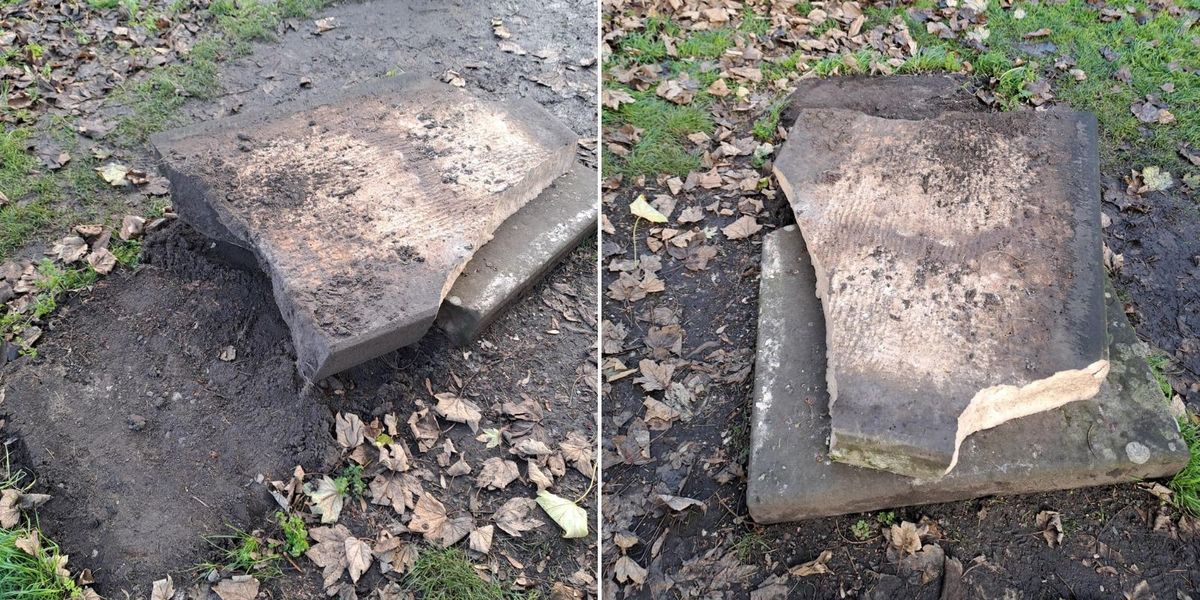Netanyahu pledged that the IDF would continue to target Hezbollah during negotiations.
By TOVAH LAZAROFF NOVEMBER 18, 2024 21:52 People carry their belongings while crossing from Lebanon into Syria, as they flee the ongoing hostilities between Hezbollah and Israeli forces, at the Masnaa border crossing, Lebanon October 28, 2024.
(photo credit: REUTERS/MOHAMED ABD EL GHANY)
People carry their belongings while crossing from Lebanon into Syria, as they flee the ongoing hostilities between Hezbollah and Israeli forces, at the Masnaa border crossing, Lebanon October 28, 2024.
(photo credit: REUTERS/MOHAMED ABD EL GHANY)
Any ceasefire deal must provide the IDF with wide powers to target Hezbollah and its arms smuggling, including at the Syrian-Lebanese border, Prime Minister Benjamin Netanyahu told the Knesset on Monday.“We are talking about possible negotiations for an agreement,” Netanyahu said, as US special envoy Amos Hochstein was expected to visit the region, possibly as early as Tuesday. The US had yet to confirm his arrival.The United States is holding talks with Lebanon about a possible ceasefire arrangement that would end the year-long IDF-Hezbollah war, which has occurred concurrently with the Gaza war. US State Department spokesperson Matthew Miller told reporters in Washington, “We are committed to trying to get these negotiations over the finish line.”The US has shared ceasefire proposals with Israel and Lebanon, and “both sides have reacted” and “there has been exchange of different ideas,” Miller said.
IDF to continue targeting Hezbollah during negotiations
In a fiery speech in the Knesset, Netanyahu pledged that the IDF would continue to target Hezbollah during negotiations.“This will be done under fire and a lot of fire,” Netanyahu said as he set out three Israeli demands for the deal, explaining, that Israel won’t allow Hezbollah to regain the strength it had prior to October 7, 2023.The most basic demand, he said, is that Hezbollah is moved back behind the Litani River, away from Israel’s northern border.
Stay updated with the latest news!
Subscribe to The Jerusalem Post Newsletter
There are “additional demands that I will not list here,” Netanyahu said, as he explained that the IDF must maintain its ability to strike at Hezbollah even after the ceasefire was in place.Such strikes must also include arms smuggling so that Hezbollah can not recoup its military losses from the last year, he said.This includes taking action on the Syrian-Lebanese border and even in Syria itself, he said. Earlier, in the Knesset Foreign Affairs and Defense Committee, he said Israel must be allowed to “close the oxygen pipeline through the Syrian border to prevent the future arming” of Hezbollah.”There is a broad understanding that such a ceasefire agreement would be based on UN Security Council Resolution 1701, which set the ceasefire terms that ended the Second Lebanon War.That resolution mandates that armed non-state actors such as Hezbollah were not allowed to operate in southern Lebanon between the Israeli border and the Litani River, but there is no means by which to assess adherence.Israel and the US hope to put in place an enforcement mechanism. In addition, Israel wants to maintain the right to strike at Hezbollah targets should the Iranian proxy choose to rearm or pose a danger to Israel.Lebanon and Hezbollah have opposed granting Israel the right to strike, insisting that there are other means to ensure that Hezbollah does not rearm and re-entrench itself along Israel’s northern border.The UN Security Council is set to hear a report on compliance with 1701 on Tuesday.Hezbollah has submitted notes on the US ceasefire proposal to Lebanese Parliament Speaker Nabih Berri that would not obstruct a truce, the senior Lebanese official said.But Lebanon was opposed to a proposal to expand a ceasefire monitoring committee to include possibly Germany or Britain.“If, for example, a Hezbollah facility appears, who will dismantle it?” the official said, adding: “The Lebanese side wants the [Lebanese] army to deal with this.”A second Lebanese official said the US proposal contained some points that have been agreed upon and others that need discussion with Hochstein on Tuesday. Both Lebanese officials spoke on condition of anonymity due to diplomatic sensitivities.Lebanese Labor Minister Mustafa Bayram, who was named to the cabinet by Hezbollah, said Berri told him the atmosphere was positive but cautioned that a deal was not yet done.“Then attention will turn to the Israeli position: does it want a ceasefire... or to continue in its crimes?” Bayram said after the meeting, according to a statement from Berri’s office.Berri, endorsed by Hezbollah to negotiate, told Asharq al-Awsat newspaper on Friday that the Lebanese side wouldn’t accept the “proposed alternative [monitoring] mechanism,” adding there was an existing mechanism that could be activated, referring to UN peacekeepers.He said the proposal did not include freedom for Israel to act should Hezbollah violate any agreement – an Israeli demand rejected by Lebanon.Israel has dealt Hezbollah big blows since launching an offensive against the group in September, killing its leader Hassan Nasrallah, and pounding Lebanon with airstrikes. Hezbollah has kept up rocket fire into northern Israel, where sirens sounded again on Monday.In the Knesset, Netanyahu described how in the aftermath of October 7, he had come to understand the significant role Nasrallah played in Iranian efforts to destroy Israel.“I realized that Nasrallah was not only the initiating engine” but the heart of the Iranian axis against Israel, he said. Iran “activated” him to act against Israel, but he also pushed Iran to act.“He was the second most important Shia leader... the ‘beloved son’ of Iranian Supreme Leader Sayyid Ali Khamenei,” Netanyahu said.Nasrallah “greatly influenced Israel’s plan of destruction – to trap us in this ring of fire, to bring about simultaneous invasions” against Israel, Netanyahu said.Reuters contributed to this report.

 By The Jerusalem Post (World News) | Created at 2024-11-18 20:00:08 | Updated at 2024-11-25 21:55:34
1 week ago
By The Jerusalem Post (World News) | Created at 2024-11-18 20:00:08 | Updated at 2024-11-25 21:55:34
1 week ago








